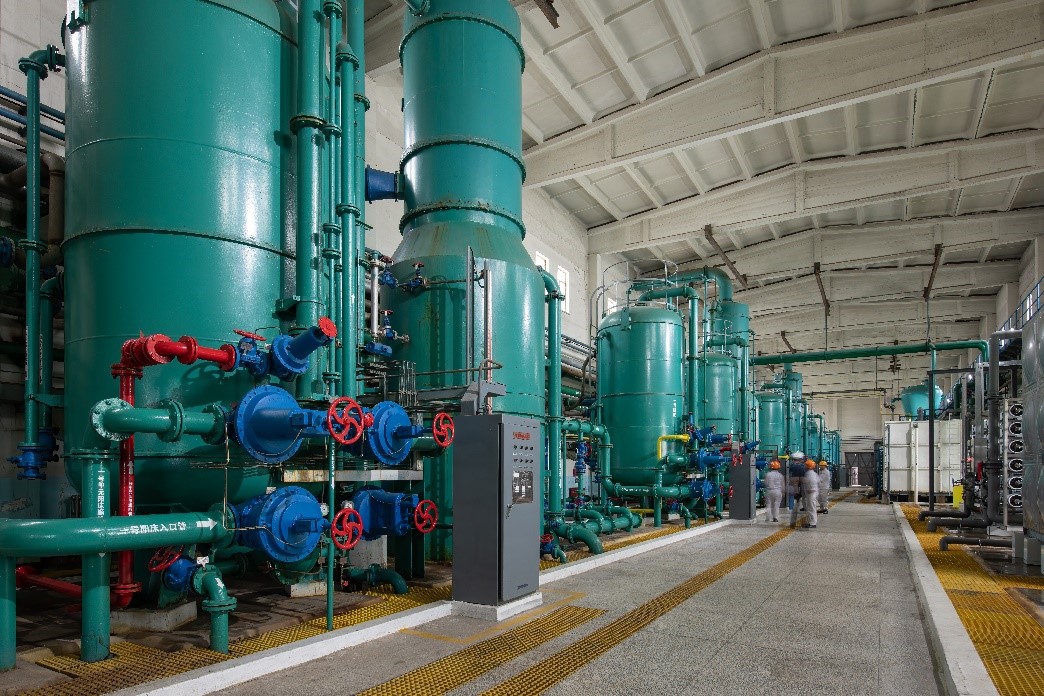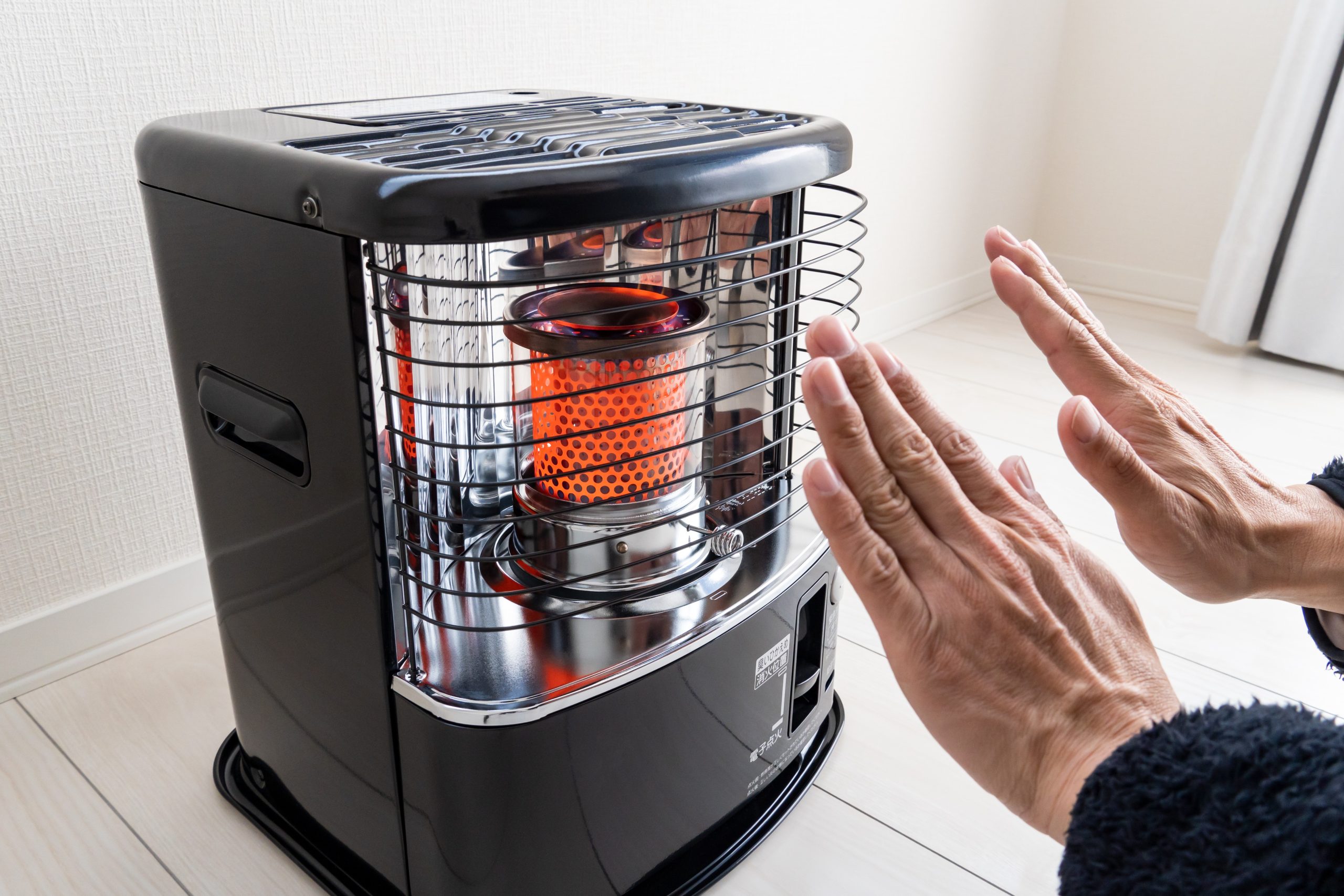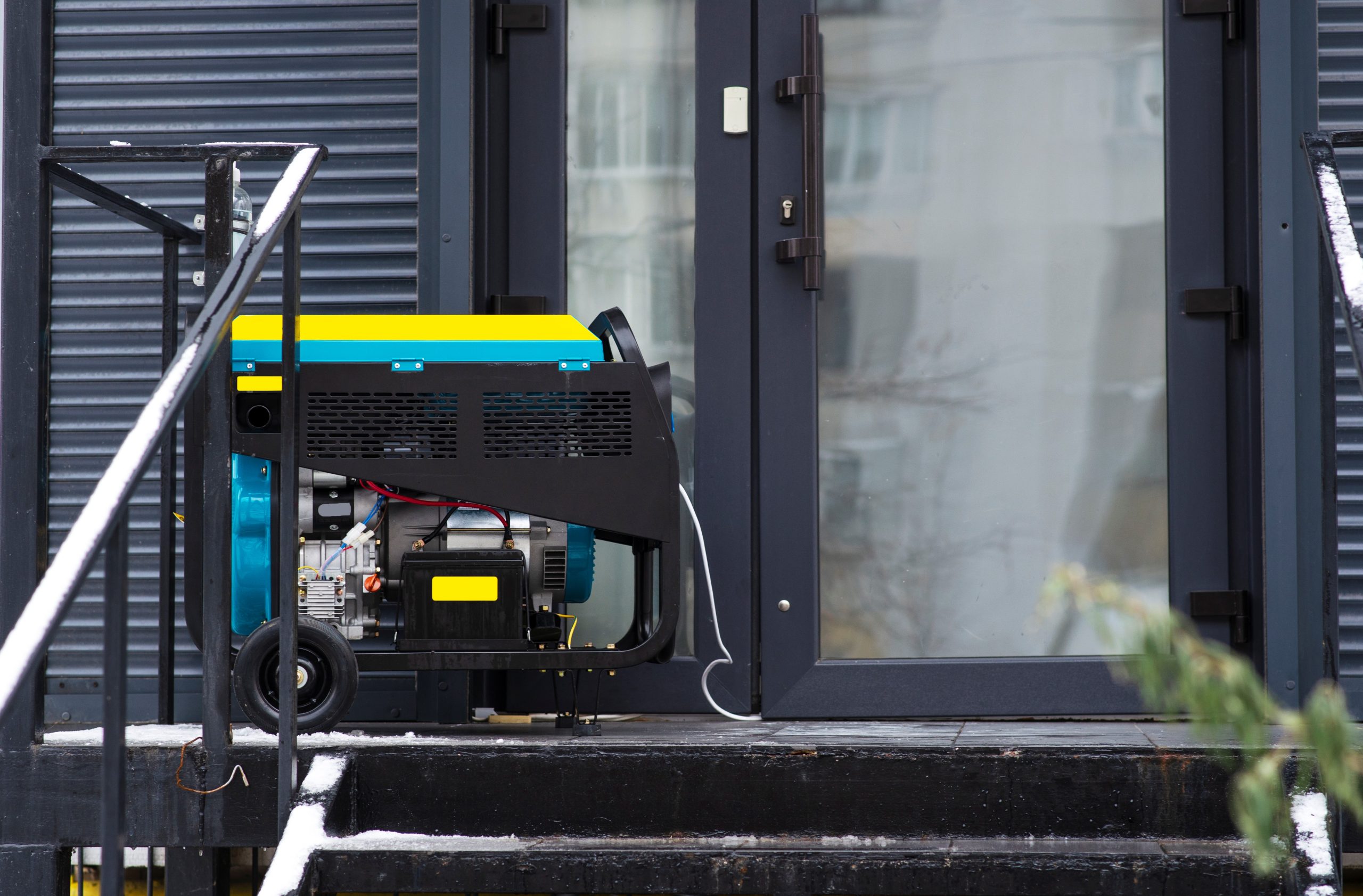Chemical pumps are essential tools in industries that handle hazardous or corrosive fluids. Designed to move chemicals from one location to another safely, these pumps ensure efficient processing while minimizing the risk of leaks, spills, or equipment damage. Understanding how they work and the types available can help businesses choose the most suitable pump for their requirements.
What is a Chemical Pump?
A chemical pump is a device specifically engineered to transport chemicals, acids, bases, and other aggressive fluids. Unlike standard pumps, chemical pumps are constructed from materials that resist corrosion and chemical reactions, such as stainless steel or specialized alloys. This ensures longevity, reliability, and safety, even when handling highly reactive or abrasive substances.
Chemical Pumps Function
Chemical pumps are primarily used to transfer chemicals within industrial processes, such as moving fluids from storage tanks to reactors or processing units. They are also essential for applications that require accurate metering and dosing, delivering precise volumes at controlled rates for industries like pharmaceuticals and food production.
In some cases, they inject chemicals into pipelines or systems at set intervals to maintain consistent operation. Built from corrosion- and abrasion-resistant materials such as stainless steel, plastics, or specialized coatings, they can handle aggressive substances without degrading performance.
Different Types of Chemical Pumps
There are several types of chemical pumps, each suited for different applications:
- Centrifugal Pumps: These pumps offer smooth and continuous flow and are commonly used for low-to-medium viscosity liquids.
- Diaphragm Pumps: These pumps transfer chemicals using a flexible diaphragm, making them highly effective for managing corrosive or abrasive liquids.
- Gear Pumps: Ideal for viscous liquids, gear pumps provide steady flow and are often used in chemical dosing systems.
- Peristaltic Pumps: These pumps move fluid through a flexible tube using rollers, reducing the risk of contamination and making them suitable for precise chemical metering.
Choosing the right chemical pump depends on the type of fluid, pump material, flow rate requirements, and the level of precision needed. Proper selection ensures safe handling, optimal performance, and equipment longevity.
Looking for a Reliable Chemical Pump?
TNT Sales and Service in Iowa offers high-quality chemical pumps designed for safe, efficient, and long-lasting performance. We believe that running a successful facility requires the right resources—just as a business relies on a reliable staffing agency and lumping services to provide the best talent, our team helps you select the ideal equipment to keep your operations moving. Whether you need a pump for transfer, dosing, or handling corrosive fluids, contact us today to learn more.






















